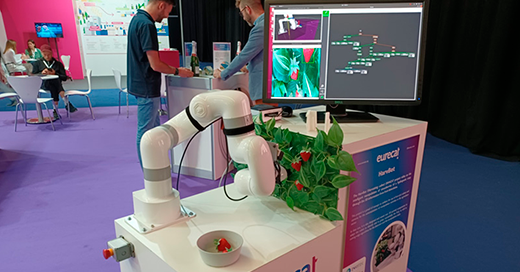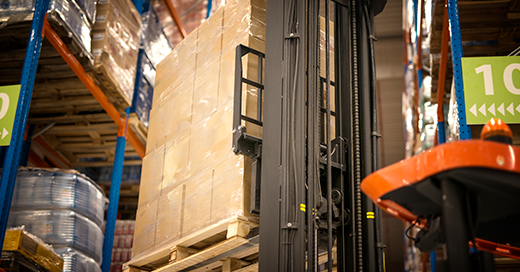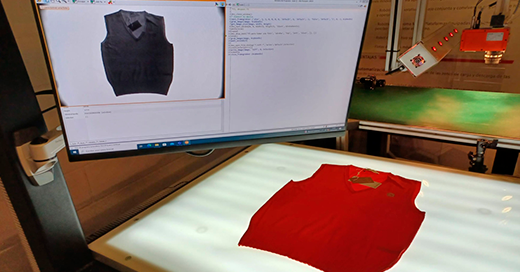Artificial intelligence to reuse wastewater and nutrients in the agricultural sector. The iRAIN project investigates an innovative advanced water resource management system to optimize water resources applied in precision agriculture. iRAIN's system combines new treatments for water regeneration and nutrient recovery from urban wastewater with hybrid technologies based on monitoring, artificial [...]











